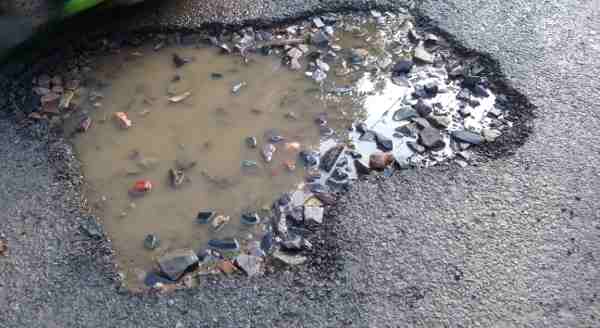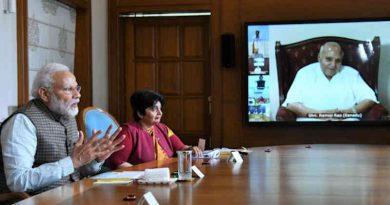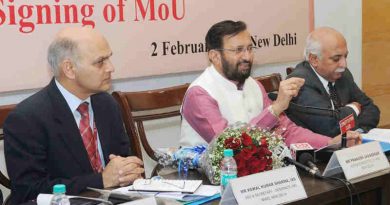World Bank Approves US$ 235 Million for Bihar Rural Roads

The World Bank approved Wednesday a US$ 235 million credit for the Bihar Rural Roads Project to improve and effectively manage the state’s rural road network.
The project will support the construction of about 2,500 km of rural roads under the Mukhiya Mantri Gram Sampark Yojana (MMGSY). The roads will be constructed using cost-effective designs and will incorporate engineering measures that ensure road safety.
The project will also suggest better contract management practices to avoid time and cost over-runs. According to the World Bank, this will gradually help transform the Rural Works Department (RWD) into a modern and high-performing road agency capable of building and maintaining its road assets on a sound technical and financial footing.
[ New Delhi: Where Deadly Pits Are Called Roads ]
This project will provide all-weather road access to some 1.2 million people, most of whom belong to the poor and vulnerable sections of society (30 percent of the people who are to benefit live below the poverty line and about 48 percent of them are women).
The project will generate direct employment of about 20 million person days for local laborers through a rural road construction and maintenance program.
The Government of Bihar has made “road connectivity to each habitation” among its top seven priorities. In addition, its aim is to bring all parts of the state within five hours of travel time from the capital city of Patna.
While Bihar has constructed about 60,000 km of rural roads in the last decade, nearly 49 percent of its people still lack access to an all-weather road.
[ How to Select the Lieutenant Governor of Delhi: 5 Steps ]
“Catalyzing connectivity and enhancing mobility is a critical plank for transforming rural India,” said Junaid Ahmad, World Bank Country Director in India. “By investing in Bihar’s rural roads, this project is in fact tapping into the vast potential of the state’s agriculture and agro-based industries – a sector critical for higher non-farm employment opportunities and increases in rural wages.”
An important aspect of the project will be the use of climate resilient and cost-effective engineering designs using local materials and industrial by-products. The project will also use the alluvial sand that accumulates on large tracts of arable land after floods.
“This is expected to save more than 25 percent in construction costs for rural roads,” said Ashok Kumar, Highways Engineer and World Bank’s Task Team Leader for the project.
[ Can Government Check Corruption in Delhi Housing Societies? ]
The state Rural Works Department will also undertake a climate vulnerability assessment of the existing rural road network, with a focus on floods, and incorporate suitable remedial measures in its road design, construction, and maintenance program.
The RWD will prepare a road safety action plan for rural roads. Road safety engineering measures such as improved lane markings, protection structures, and road signs will be provided for. The project will also undertake simple road safety audits during the design and construction stage as well as consult with local communities to identify their requirements for any road safety enhancements.
“In addition to providing all-weather roads, the project will help the Rural Works Department to preserve and upgrade existing road assets and strengthen its institutional effectiveness. This will facilitate inclusive growth, economic development and access to markets for rural Bihar, ” added Ashok Kumar.
The credit is from the International Development Association (IDA) – the World Bank’s concessionary lending arm – with a maturity of 25 years, including a 5-year grace period.
💛 Support Independent Journalism
If you find RMN News useful, please consider supporting us.




